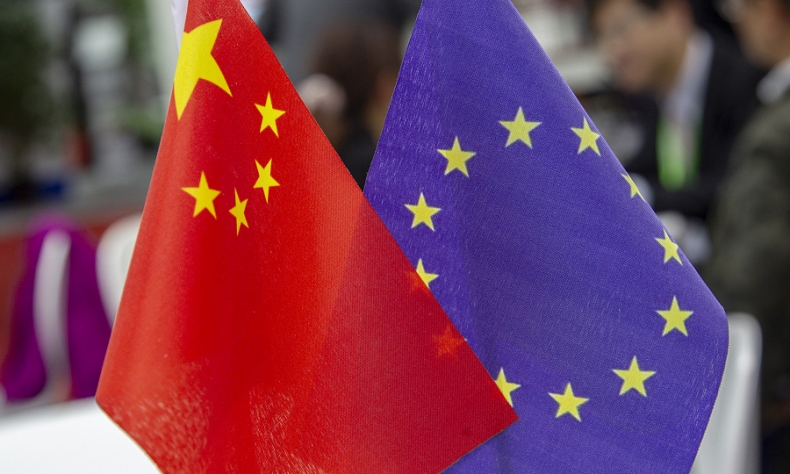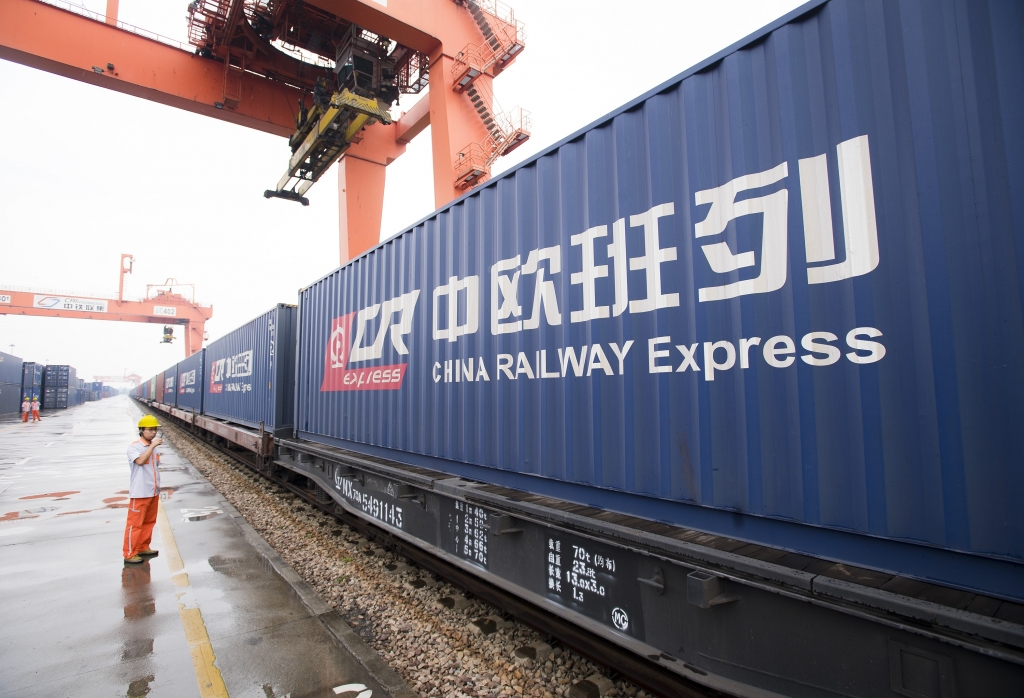
Avenues of China-Europe Cooperation Continue to Prosper
China and Europe are both proponents of an inclusive trade system where the predictability and certainty provided by them is a balancing force against unilateralism. The global multilateral arrangement could have easily reached its tipping point if it was not for the willingness of China and Europe to keep it functioning.
China and Europe have more in common than many might think. Their social structures and development models might be different but their mutual interests are adding much needed stability to the international system of governance.
In today’s globalized world, the two civilizations are each others’ ally rather than competitor. Both are advocating for multilateralism and for keeping free trade practices intact. The reciprocal trust that exists between them is playing a significant part in upholding the economic system built arduously during the second half of the last century.
Each new piece of legislation and revision to the negative list is expanding China’s opening up process. Most recently at the G20 summit, China very candidly expressed its intent to lower trade barriers and improve the treatment of foreign investors.
A landmark bill in this context has been the Foreign Investment Law that addresses concerns of some of China’s partners. When it goes into effect at the start of 2020, it will expedite the opening up and treat all types of enterprises as equal, aiming to deepen the confidence of investors in a range of sectors and industries.
The greatest scope lies in the tech industry. Although Europe has an advantage with its longer period of industrialization, China’s national strategy of innovation is fueling the advancement of new-age tech. Artificial intelligence and big data analysis are sectors where China can share its extensive expertise.

The rapid growth of China’s tech industry has also given it an edge in mainstreaming clean energy measures; most prominent being the widespread adoption of electric vehicles. At the same time, it is reducing carbon emissions by either replacing coal-fired plants or by upgrading them with modern emission-cutting technologies.
As a signatory of the 2015 Paris Agreement on climate change, China offers prospects of working together and keeping the planet green. European nations can take special note of how China integrates climate control proposals in its five year plans and enforces them at various levels of government.
China has a leading economic role in today’s multipolar world. Because of its significant contribution to global growth, there is a strong desire among European nations to engage with its economy.
Despite the ongoing wave of uncertainty in international trade, European-Chinese relations are a source of stability. EU was China’s largest trading partner during the first five months of this year, with business crossing a billion dollars per day. Likewise, both are actively undertaking joint ventures in each other’s territories and in third party markets.
China and Europe are both proponents of an inclusive trade system where the predictability and certainty provided by them is a balancing force against unilateralism. The global multilateral arrangement could have easily reached its tipping point if it was not for the willingness of China and Europe to keep it functioning.
The China-proposed Belt and Road Initiative (BRI) is a prime example of participating countries’ commitment to multilateralism. The mega infrastructure project has provided a cost effective channel for 26 European countries to connect with the markets of the Middle East, Central Asia, Russia, China, South Asia and Southeast Asia. A rail service is proving to be the linchpin in achieving intercontinental aims of BRI through a network that connects 62 Chinese and 51 European cities.
The BRI was initially slow to pick up in Europe. But as was in the case of the Asian Infrastructure Investment Bank (AIIB) when most European nations joined only after consent was shown by the first country, Europe’s collaboration in the BRI is now in full swing.
Italy recently became the first Group of Seven member to join the BRI. As an almost immediate consequence, Switzerland and Luxembourg signed MoUs. Meanwhile, Germany is also willing to cooperate under the BRI and the U.K. regards itself a natural partner of China, pledging support to implement the initiative.
Partnership among the two regions has received a remarkable push under the China-CEEC 17+1 framework. This platform of China and 17 Central and Eastern European countries is working to enhance investment, innovation and development. China has proposed building industrial parks, increasing financial cooperation and stepping up cultural exchanges.
Besides, the 17+1 forum is in complete conformity with the interests of Europe as it helps improve the integration of the EU. The chance to sit together allows European leaders to quash any differences and broaden their collaborations.
China and Europe have a thorough understanding of the fact that cooperation is the key to achieve all-around prosperity. Respecting their differences and building upon commonalities will eventually enable both regions to generate better economic opportunities and build better lives for their people.
Daniel Hyatt is a Pakistan-based freelance journalist and commentator on modern China.
Opinion articles reflect the views of their authors only, not necessarily those of China Focus.
 Facebook
Facebook
 Twitter
Twitter
 Linkedin
Linkedin
 Google +
Google +










